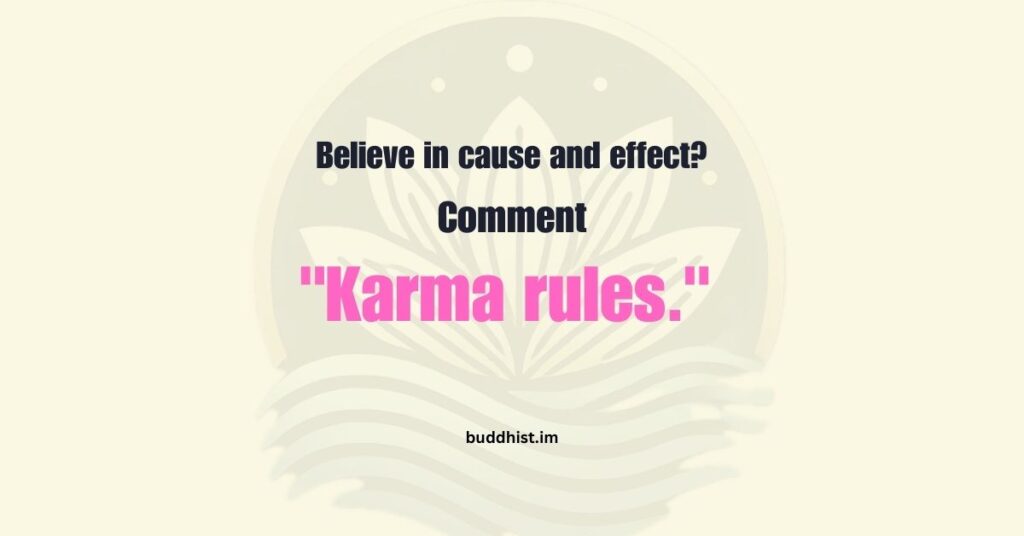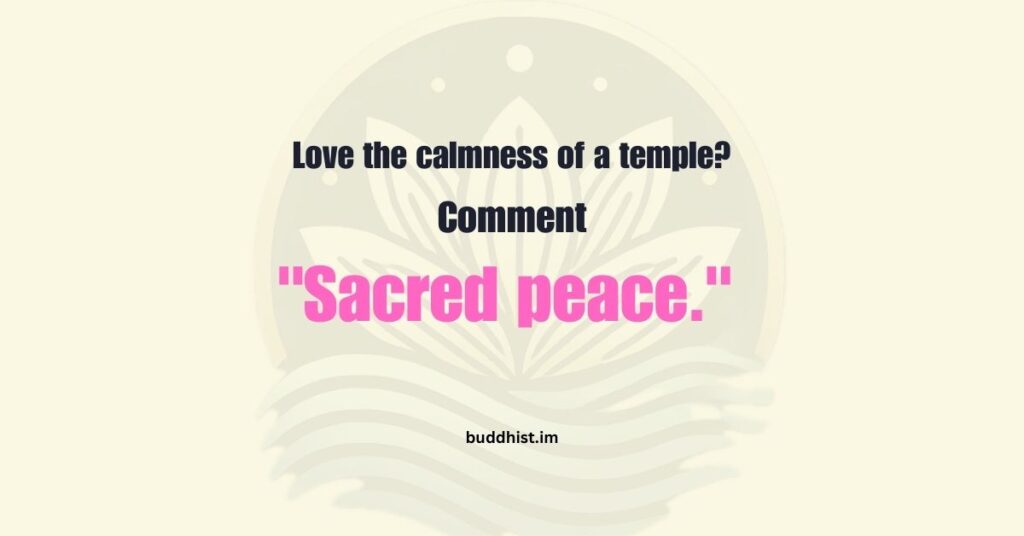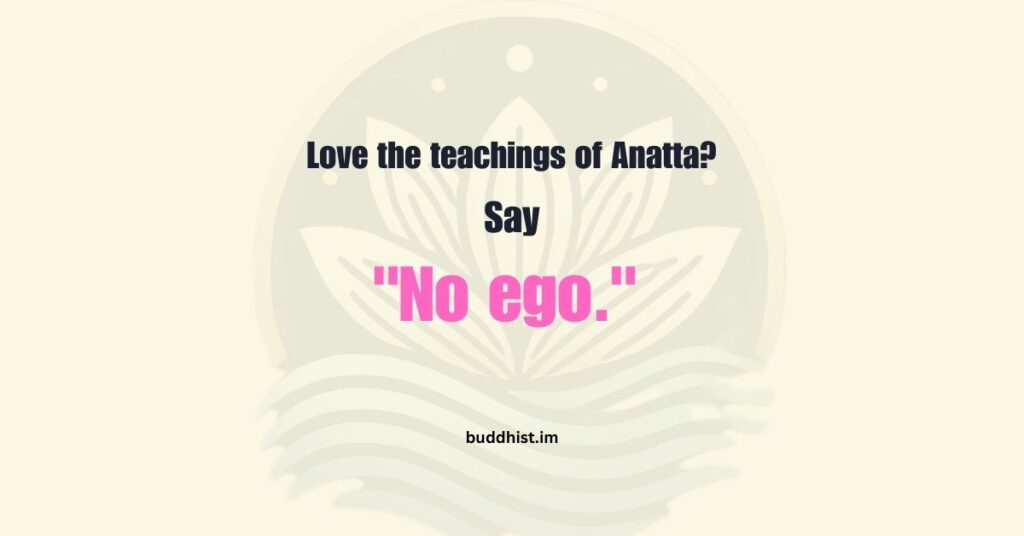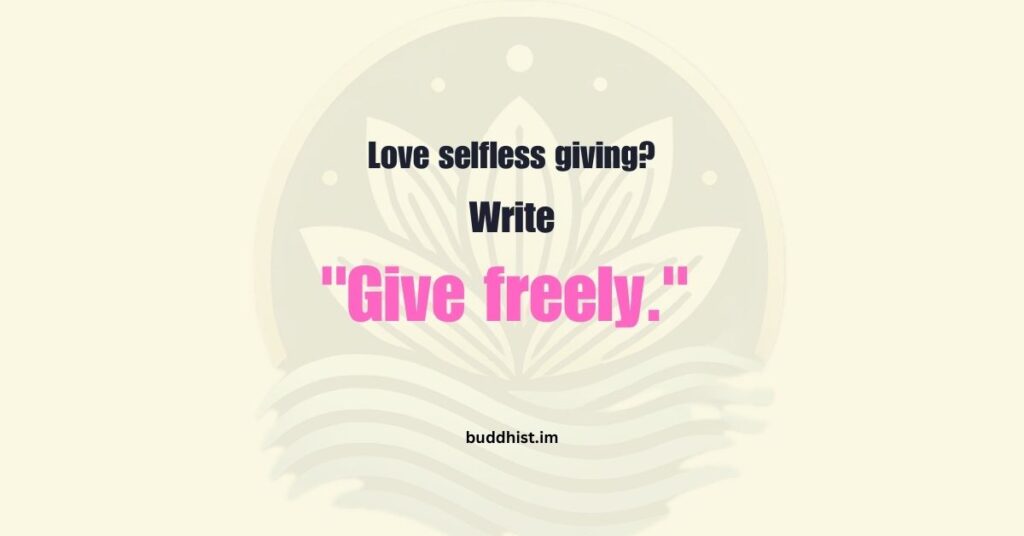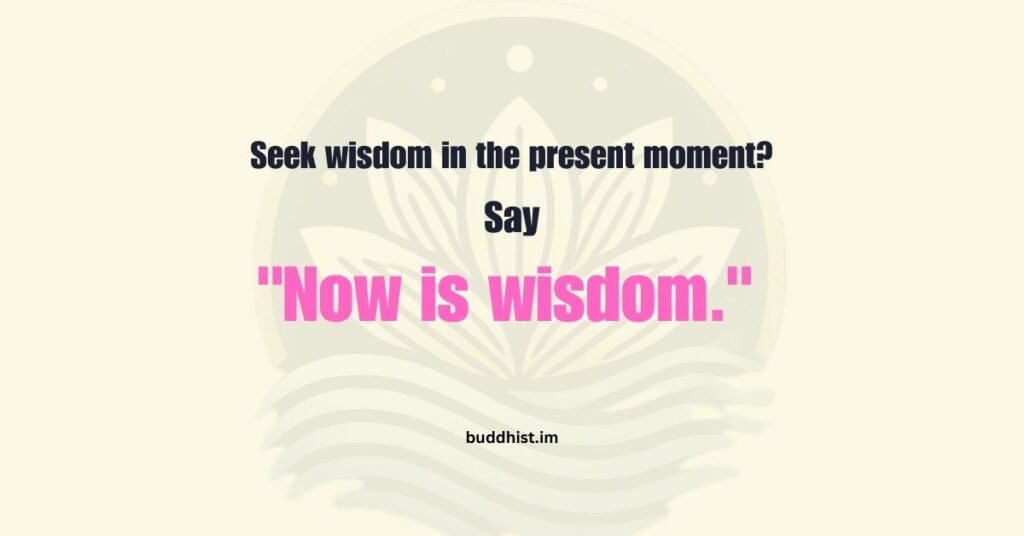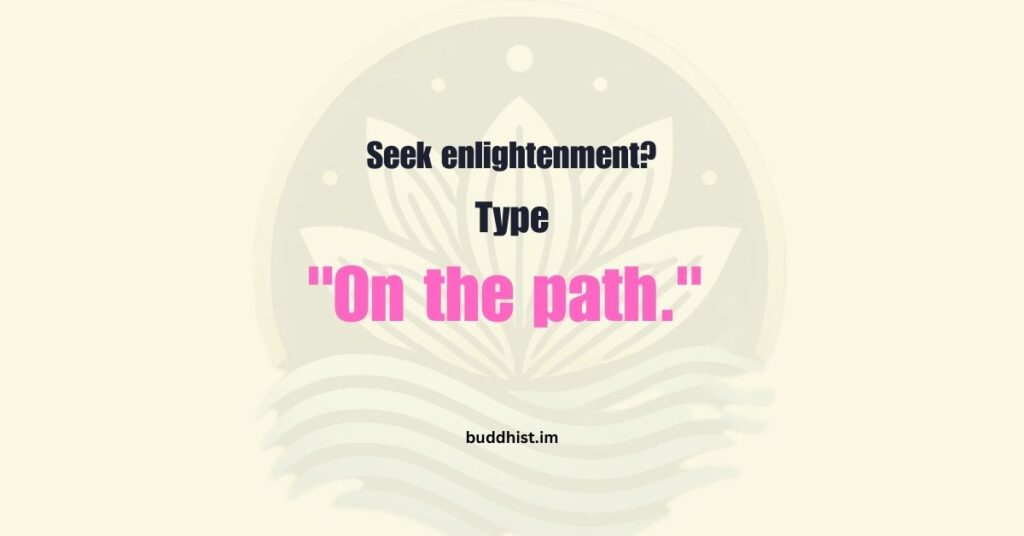Ah, expectations. Those sneaky little things we don’t talk about, but secretly measure everything against. Whether it’s expecting your partner to text you back within 0.4 seconds or wanting them to always remember your favorite coffee order, expectations can set us up for disappointment faster than you can say, “Why didn’t you notice I got a haircut?!”
But don’t worry. If your expectations are turning your love life into a rom-com gone wrong, we’ve got your back, the Buddhist way. (Don’t roll your eyes yet; there’s wisdom here, and it’s actually fun!) So grab a cup of tea or your partner’s hand (or both), and let’s get into how to fix this without losing love.
The Real Talk on Expectations
First things first: Expectations are not inherently bad. (Whew, right?) They’re natural. We’re human, and humans hope and dream. The trouble starts when we expect our partners to meet our unspoken standards all the time, like they’re mind-reading monks.
Buddhism teaches us that clinging, to ideas, things, or even people, causes suffering. So, if you’re holding onto a mental checklist that your partner must tick off daily, guess who’s setting themselves up for heartbreak? Yep, it’s you.
Tip #1: Communicate Like a Pro
You might think you’re being clear about what you want, but unless you’ve said it out loud, your partner might be as clueless as a cat in a dog park. (No offense to cats.)
For example:
- Unspoken Expectation: “They should know I hate olives on pizza.”
- Spoken Reality: “Hey, babe, no olives for me, please!”
When you communicate your wants, nicely and clearly, you’re giving your partner a roadmap to your heart. And who doesn’t want that?
Pro Tip: Don’t just talk about what you don’t want. Share what makes you happy. Buddha’s all about spreading joy, after all!
Tip #2: Release the Perfection Myth
Newsflash: Your partner is not perfect. (Spoiler: Neither are you.) Expecting them to always be the Pinterest-perfect spouse is like expecting a fish to climb a tree. Unrealistic expectations lead to resentment, not romance.
Instead, practice metta (loving-kindness). Appreciate your partner for who they are, not who you want them to be. They’ll feel seen and loved, and guess what? They’ll likely try harder to meet you halfway. Magic, right?
Tip #3: Get Real About Needs vs. Wants
Imagine this: You’re frustrated because your partner didn’t plan a surprise birthday party. Pause. Is this a need (something crucial for your happiness) or a want (a nice-to-have)?
Buddhism teaches us to focus on what truly matters. So ask yourself, “Will this expectation make or break our relationship?” If not, let it go, cue Frozen soundtrack. If yes, refer back to Tip #1 and communicate it.
Tip #4: Focus on the Present
When you’re too caught up in what your partner should do, you’re missing out on what they’re already doing. Practicing mindfulness helps you notice the little things, like how they always save you the last bite of dessert or text you goodnight.
Try this: Spend one day appreciating everything your partner does for you. From making your coffee to sharing a meme that made you laugh, focus on the now. You’ll be amazed at how much love is already there.
Tip #5: Laugh a Little
Life, and love, is messy. Instead of letting unmet expectations create tension, try injecting a little humor.
Example:
- Partner forgets to pick up milk.
- Old You: “Why can’t you remember anything?!”
- New Buddhist You: “Guess we’re on the water-and-cereal diet tonight!”
Laughter lightens the mood and reminds you that life isn’t a drama unless you make it one.
Tip #6: Create Shared Intentions
In Buddhism, intentions matter more than outcomes. So why not set some intentions together? Whether it’s a weekly date night or a promise to always kiss goodnight, shared intentions align your energies and keep your bond strong.
Tip #7: Practice Gratitude
Here’s a secret: Gratitude is the antidote to unrealistic expectations. When you’re grateful for what you have, you stop yearning for what you don’t.
Every night, think of one thing your partner did that made you smile. Bonus points if you tell them. Gratitude fosters love, and love thrives when it’s appreciated.
Wrap-Up: Love, Simplified
Expectations don’t have to be the villain in your love story. By communicating, letting go of perfection, and embracing gratitude, you can turn those sneaky little expectations into opportunities for connection.
Remember, love isn’t about finding someone who meets all your criteria. It’s about building a life with someone who tries, stumbles, learns, and grows with you. And when you do it the Buddhist way, with mindfulness, compassion, and a healthy dose of humor, you’ll find that love becomes lighter, happier, and oh-so-worth it.
So, next time you catch yourself expecting too much, take a deep breath, smile, and let it go. Because, honestly, love is so much better when you’re not keeping score.
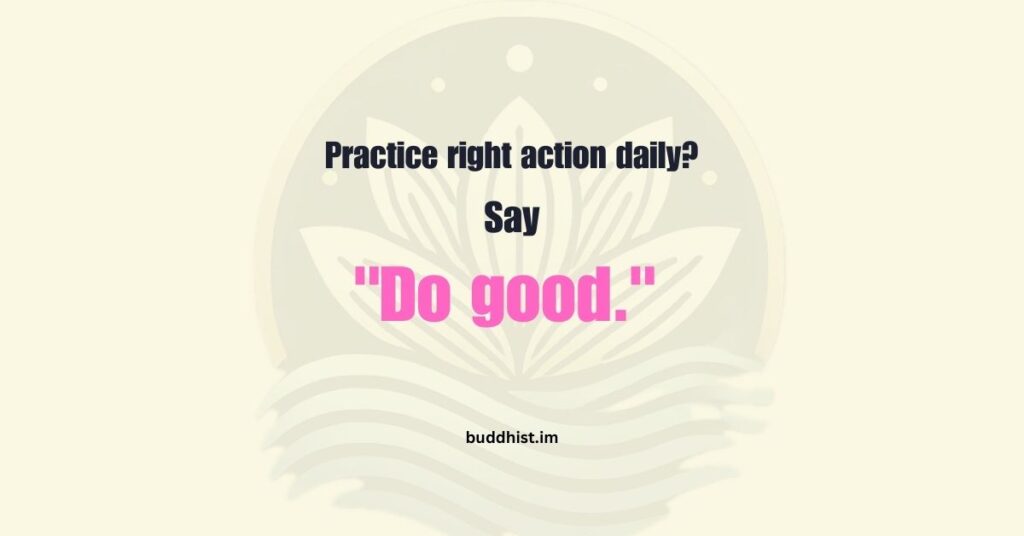

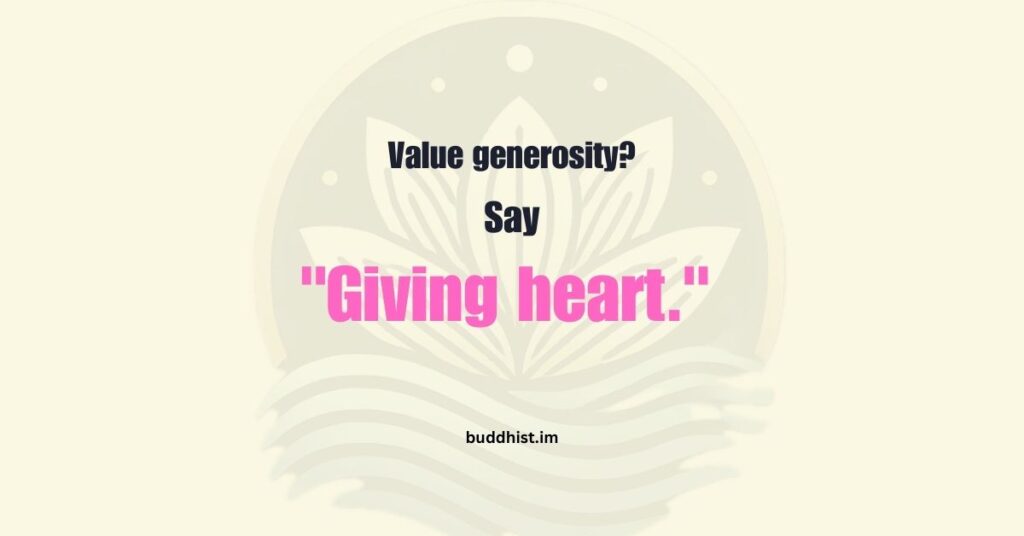
![Stop Losing Yourself in Marriage, [Here’s the Fix]](https://buddhist.im/wp-content/uploads/2025/01/Stop-Losing-Yourself-in-Marriage—Heres-the-Fix-1024x536.jpg)
![Stop Over-Explaining [Here’s What to Do Instead]](https://buddhist.im/wp-content/uploads/2025/01/Stop-Over-Explaining-Heres-What-to-Do-Instead-1024x536.jpg)

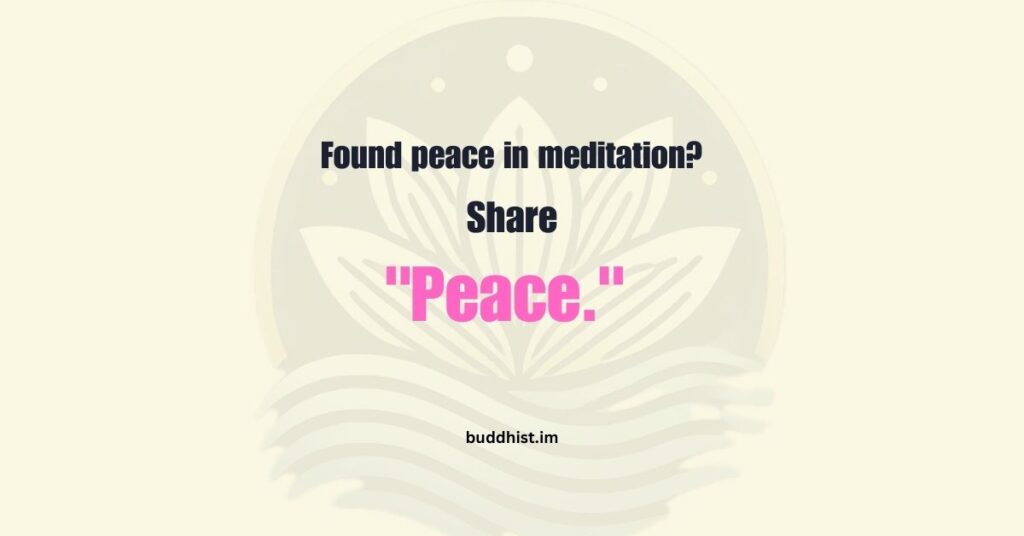
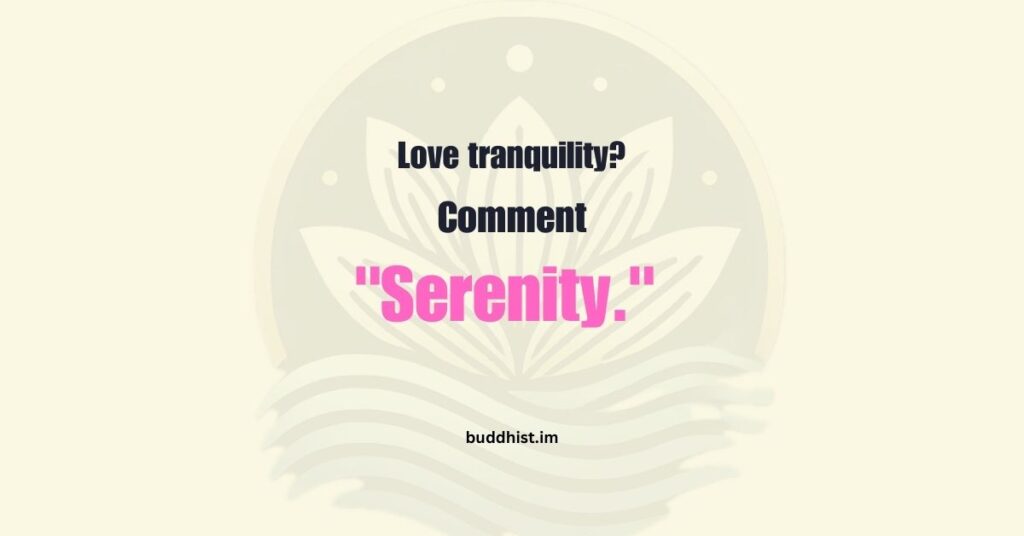


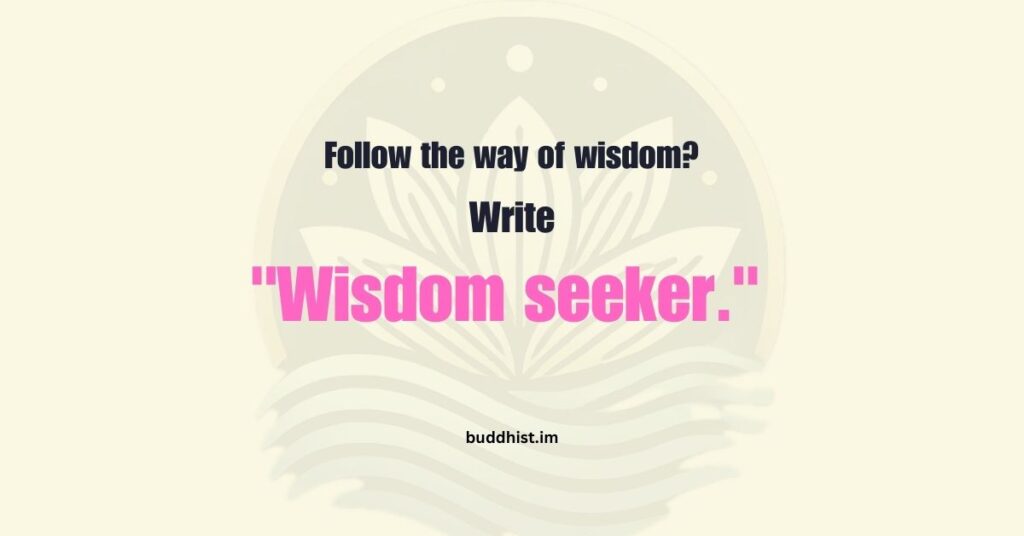
![[Trust Thrives on THIS] And It’s Easier Than You Think!](https://buddhist.im/wp-content/uploads/2025/01/Trust-Thrives-on-THIS—And-Its-Easier-Than-You-Think-1024x536.jpg)
